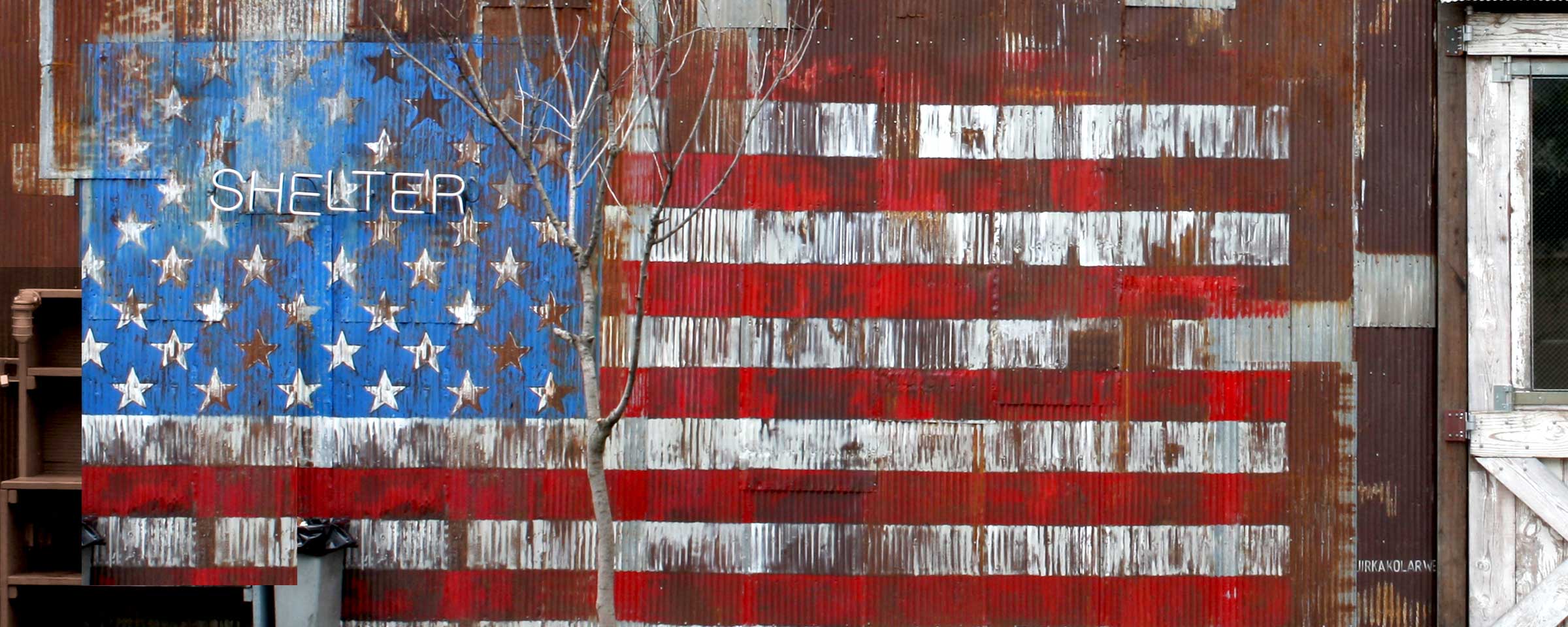
Villas at Parkside Partners v. City of Farmers Branch
What's at Stake
Beginning in 2006, the city of Farmers Branch, Texas, passed a series of housing ordinances restricting an individual’s ability to rent housing based on immigration status. The most recent ordinance required all prospective renters to provide proof of immigration status to be verified by the federal government in order to obtain a rental license. It also authorized the city to revoke the rental license of anyone found to be unlawfully present in the United States.
Summary
In December of 2006, the ACLU of Texas and the ACLU’s Immigrants’ Rights Project, together with the Mexican American Legal Defense and Educational Fund and others, filed suit in federal court challenging the anti-immigrant legislation. The suit charged that the ordinances illegally infringed on the federal government’s sole authority over immigration matters, putting landlords in the untenable position of serving as federal law enforcement agents and violating the fundamental rights of both landlords and tenants.
By September, 2008, ongoing litigation resulted in four successive federal court orders blocking the ordinance from going into effect. In April 2012, a three-judge panel of U.S. Court of Appeals for the Fifth Circuit held that the ordinance was preempted by federal government’s exclusive right to enact immigration law. In particular, the panel reasoned that “the ordinance’s sole purpose is . . . to exclude undocumented aliens, specifically Latinos, from the City of Farmers Branch and that it is an impermissible regulation of immigration. We hold that the ordinance is unconstitutional and presents an obstacle to federal authority on immigration and the conduct of foreign affairs.”
The city appealed, and on July 23, 2013 the full en banc Fifth Circuit ruled the ordinance unconstitutional in a 9-5 decision. The following year the U.S. Supreme Court declined to hear the case, letting stand the Fifth Circuit ruling and preventing the ordinance from ever going into effect. The City incurred over $7 million in legal fees in litigation over the unconstitutional ordinances.
Legal Documents
-
12/26/2006
Vasquez v. City of Farmers Branch - Complaint
Date Filed: 12/26/2006
-
09/12/2008
Reyes et al. v. City of Farmers Branch – Complaint
Date Filed: 09/12/2008
-
07/23/2013
Villas at Parkside Partners v. City of Farmers Branch - Decision
Date Filed: 07/23/2013
-
06/19/2007
Villas at Parkside Partners v. City of Farmers Branch - Memo Opinion and Order Granting Preliminary Injunction
Date Filed: 06/19/2007
-
03/21/2012
Villas at Parkside Partners v. Farmers Branch, TX - Opinion of 5th Circuit Court
Date Filed: 03/21/2012
-
01/02/2007
Farmers Branch, Texas, Ordinance No. 2892
Date Filed: 01/02/2007
Press Releases
U.S. Supreme Court Lets Stand Lower Court Rulings Prohibiting Anti-Immigrant Housing Ordinances in Hazleton, PA and Farmers Branch, TX
Court Strikes Down Discriminatory, Anti-Immigrant Housing Ordinance in Texas
Farmers Branch, Texas Anti-Immigrant Ordinance Is Blocked While Challenge Continues
ACLU And MALDEF File Lawsuit To Stop Farmers Branch Newest Anti-Immigrant Ordinance
Judge Grants ACLU, MALDEF Request to Block Anti-Immigrant Ordinance in Texas During Duration of Trial
Civil Rights Groups File Challenge to Anti-Immigrant Ordinance in Texas
